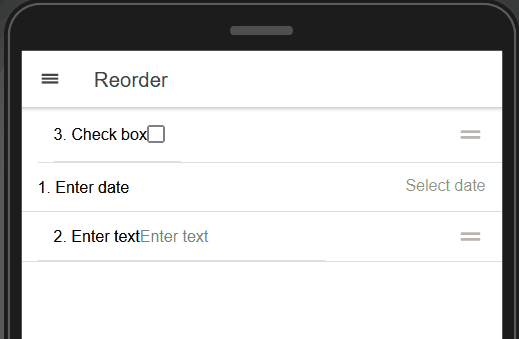It’s Christmas Release! Merry Christmas and Happy New Year!
The holiday season has already started, and we’re all busy with preparing gifts for people we love.
We, at Appery.io, have always worked hard to deliver the best service value to our users, and we are here to say that we have a Christmas gift to give to you!
Last Sunday, we delivered a new release that included these great new features to help you save time on app development:
- Try adding our ready-to-go screen layouts (CREATE NEW > Page) that will help you instantly get the UI you want:
- The no-code approach now works for mapping as well. For your convenience, we created an easy-to-use transformation editor where the user can add transformation, choose a type, and then edit it:
- We’ve also added Is invalid and Is valid properties to the Form component with the option to use them in mappings
- The Appery.io Team also implemented new property types for some UI components (Button, Html, Input, Text, etc.), like Color-picker, with grouping them under the separate PROPERTIES > Styles tab so that you can enjoy the no-code CSS approach when you’re styling your mobile app UI:
- Previously, only CanActivate Guard could be used to determine if a particular action can be taken against a route. From now on, all angular guards are implemented so that working with routing will be easier and more powerful:
- As always, we’ve fixed some minor bugs to keep your Appery.io experience running smoothly.
Thanks for reading and










